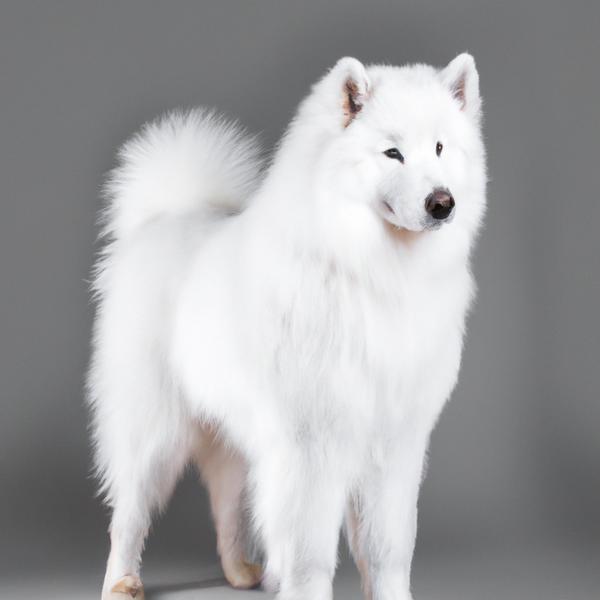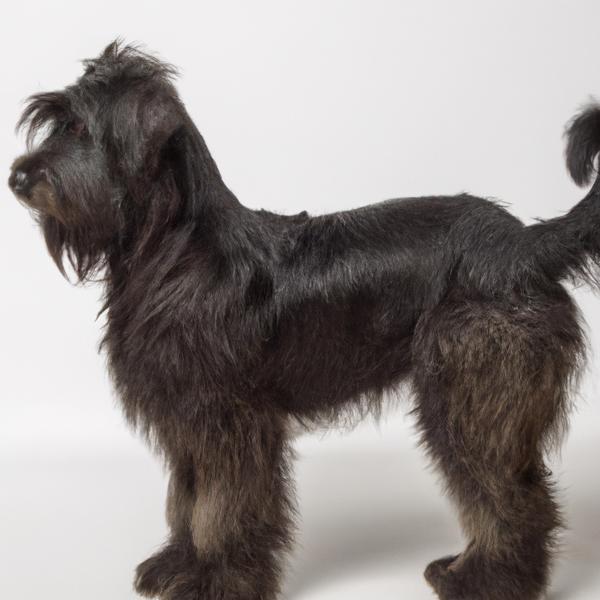Eskifon vs. Chonzer: Breed Differences and Similarities
Hypoallergenic
Are Eskifons or Chonzers hypoallergenic, or neither?
Unfortunately, the Eskifon is not hypoallergenic, making it not a good choice for a dog lover who suffers from pet allergies.
While no dogs are truly 100% hypoallergenic, Chonzers are about as close as it gets, making them an ideal pet if you are an allergy sufferer.
Temperament
What are the personalities of Eskifon and Chonzer dogs?
Independent
Energetic
Protective
Alert
Sensitive
Intelligent
Friendly
Inquisitive
Selfish
Watchful
Companionable
Playful
Alert
Sensitive
Intelligent
Friendly
Affectionate
Obedient
Gentle
Fearless
Spirited
Cheerful
Shedding Level
Do Eskifons shed more than Chonzers, or which breed sheds more, Eskifons or Chonzers?
Eskifons are moderate shedders, but regular brushing can reduce shedding and maintain coat health.
Chonzers are low shedding dogs, requiring minimal coat care.
Watchdog Ability
Which dog breed makes a better watchdog, the Eskifon or Chonzer?
Eskifons aren't great guard dogs; they tend to just watch without taking action.
Avoid Chonzers as watchdogs - they're not effective.
Origin
What is the origin of Eskifon and Chonzer dog breeds?
United States
United States
Ancestry
What are the origins of Eskifon and Chonzer breeds?
American Eskimo, Brussels Griffon
Miniature Schnauzer and Bichon Frise
Breed recognition
Which kennel clubs recognize/register Eskifon and Chonzer?
ACHC = American Canine Hybrid Club
DDKC = Designer Dogs Kennel Club
DRA = Dog Registry of America, Inc.
IDCR = International Designer Canine Registry®
ACHC = American Canine Hybrid Club
DDKC = Designer Dogs Kennel Club
DRA = Dog Registry of America, Inc.
IDCR = International Designer Canine Registry®
Date of Birth
When were Eskifon and Chonzer breeds first developed?
Unknown
Eye Color Possibilites
What are the eye colors of Eskifon and Chonzer dogs?
Brown
Brown
Nose Color Possibilites
What are the natural nose colors of Eskifon and Chonzer?
Black
Black
Coat Color Possibilites
What are the natural colors of the coat for Eskifon and Chonzer breeds?
Isabella
White
Red
Black
Gray
Black
White
Gray
Brown
Pied
Coat Length
What is the typical coat length for Eskifon and Chonzer breeds?
Eskifons have longer coats compared to most dogs.
Chonzers have short coats.
Coat Density
What is the density of the coat of Eskifon and Chonzer?
Coat Texture
What is the hair texture of Eskifon and Chonzer?
Straight
Curly
Litter Size
What is the usual litter size for Eskifon and Chonzer?
An Eskifon can have a litter of 4-6 puppies on average. However, it's worth noting that the size of the litters can vary greatly. Factors that can influence litter size include the health of the mother, breeding history, and genetics.
A Chonzer can have a litter of 3-6 puppies on average. However, it's worth noting that the size of the litters can vary greatly. Factors that can influence litter size include the health of the mother, breeding history, and genetics.
Adaptability
Eskifons are known for their adaptability and can adjust well to different environments and lifestyle changes.
Chonzers are highly adaptable and versatile, making them excellent companions for families and individuals of all lifestyles.
Health Issues
Between Eskifon and Chonzer, which breed is more prone to health problems?
Eskifon and Chonzer breeds are generally considered to be healthy. However, like all breeds, they are susceptible to certain health issues and it is important to keep an eye out for them and address them with your veterinarian as needed.
Major Concerns
What are the major health concerns for Eskifon and Chonzer breeds?
Hip Dysplasia
Legg-Calve-Perthes Disease
Progressive Retinal Atrophy (PRA)
Ear Infections
Allergies
Bladder Stones
Minor Concerns
What minor health issues should be kept in mind when owning Eskifon and Chonzer?
None
Patellar Luxation
Hip Dysplasia
Hemophilia
Von Willebrand's Disease
Myotonia
Occasional Tests
What occasional tests are recommended for Eskifon and Chonzer breeds?
X-Rays
CT Scan
Eye Examination
Physical Examination
Blood Test
Liver Ultrasound
X-Rays
Energy
How do the energy levels of Eskifons and Chonzers compare?
For those who lead a balanced lifestyle, Eskifon and Chonzer breeds may be a good choice as they have an average energy level.
Social Needs
Eskifon vs Chonzer social needs comparison
Eskifon and Chonzer have very high social needs. These needs include regular mental and physical stimulation, a job or purpose, and companionship. They thrive in environments where they have a lot of interaction with humans and other dogs.
Exercise Needed
Eskifon vs Chonzer exercise need comparison.
The Eskifon and Chonzer breeds require a moderate amount of physical activity to maintain a healthy lifestyle. They are ideal for people who have a moderate amount of time to devote to their pets and enjoy regular physical activity themselves. They also make great family pets as they have the energy to keep up with children and the temperament to be great companions.
Sleeping Need
Which of the two sleeps the most/least: Eskifon or Chonzer?
Eskifon and Chonzer breeds are known to have moderate energy levels and normal sleep patterns, typically sleeping around 12-14 hours per day.
Tendency to Bark
Do Eskifons or Chonzers bark more/less frequently?
The Eskifon is a vocal breed that frequently barks and howls, and may not be suitable for those seeking a quiet companion.
Chonzers bark moderately when necessary and may also bark due to certain triggers like fear, alarm, boredom, greeting, separation anxiety and compulsive barking.
Mouthiness
Mouthiness Comparison: Eskifon vs Chonzer?
Roaming urge
Eskifon vs Labrador: Running away tendency?
Prey Drive
Eskifon or Chonzer - which breed has a higher level of prey drive?
Activity Level
Which breed has higher energy, Eskifons or Chonzers?
Both Eskifon and Chonzer are medium-energy dogs that enjoy socializing and playing with other dogs. They may engage in casual or sustained games of chase, and occasionally have bursts of barking or racing around the house.
Tolerance of being left alone
Walks per Week
How many miles should Eskifon or Chonzer walk each week?
There's really no limit to how far you walk your dog as long as they're comfortable. For Eskifon, it's at least 7 miles / week. Just remember to build distance and stamina gradually over time.
There's really no limit to how far you walk your dog as long as they're comfortable. For Chonzer, it's at least 9 miles / week. Just remember to build distance and stamina gradually over time.
Activity per Day
Do Eskifons or Chonzers require more exercise?
In general most Eskifons usually need at least 30 minutes of exercise daily. This can be spread across the day and include all sorts of high-energy activities, like walking, running and playing.
In general most Chonzers usually need at least 120 minutes of exercise daily. This can be spread across the day and include all sorts of high-energy activities, like walking, running and playing.
Grooming
Which breed is easier to maintain in terms of grooming, Eskifons or Chonzers?
Eskifons require significant grooming, including regular trims and professional grooming assistance to maintain their coat. They may also require frequent bathing to keep their coat and skin healthy.
Chonzers have high grooming needs, requiring regular trims and professional grooming assistance to keep their coat healthy.
Brushing Frequency
What is the recommended brushing frequency for Eskifon and Chonzer dogs?
Eskifon and Chonzer should be brushed at least once a week. Of course, you can give them more frequent brushes if you find that they are still shedding a lot.
Brushing Tools
What brushing tools are used for Eskifons and Chonzers?
Pin Brush
Deshedder
Clipper
Nail Clipper
Comb
Scissors
Nail Clipper
Cups
How much food should be given to Eskifon or Chonzer in cups?
For an average 15-20 pound (7 - 9 kg) Eskifon feed 1 cups daily. But, keep in mind, the amount you feed is going to be dependent on the quality of the food you are feeding.
For an average 25-35 pound (11 - 16 kg) Chonzer feed 3 cups daily. But, keep in mind, the amount you feed is going to be dependent on the quality of the food you are feeding.
Daily Cost
Which breed has a higher daily cost, Eskifon or Chonzer?
The average cost of an Eskifon is somewhere $1.00 - $1.40 per day.
The average cost of a Chonzer is somewhere $1.70 - $2.00 per day.
Monthly Cost
Which breed has a higher monthly cost, Eskifon or Chonzer?
The average per month expenses of an Eskifon is between $35 - $42. This makes an average of $420 - $504 per year. It will be on the higher side when the dog is still small because it will need more frequent visits to the vet, shots.
The average per month expenses of a Chonzer is between $48 - $63. This makes an average of $576 - $756 per year. It will be on the higher side when the dog is still small because it will need more frequent visits to the vet, shots.
Intelligence
Comparing Intelligence: Eskifons vs Chonzers
Eskifons are average in obedience intelligence but have a high IQ and may cause trouble if left unsupervised.
Chonzer is a very intelligent and trainable breed.
Sensitivity Level
How do Eskifon and Chonzer compare in sensitivity?
These breeds are more sensitive than others and easily overwhelmed by new surroundings and people. Eskifon and Chonzer need gentle handling and a calm, stable home environment with positive reinforcement training.
Affection Dependance
Which is the more affectionate dog breed: Eskifon vs Chonzer?
Apartment Friendly
Which breed is more apartment-friendly: Eskifon or Chonzer?
Eskifons make excellent apartment dogs, being fairly active indoors and not requiring a yard.
The Chonzer is a great apartment dog, thriving with sufficient exercise and time outside as part of their daily routine.
Child Friendly
Do Eskifons or Chonzers have a friendlier temperament towards children?
Eskifons have an average level of friendliness towards children.
Chonzers are good with kids if socialized and trained from a young age.
Senior-friendly
Which dog is more suitable as a pet for the elderly - Eskifon or Chonzer?
Cat Friendly
Do Eskifon or Chonzer breeds have a better compatibility with cats?
Eskifons and Chonzers are one of the best dogs for cats. They accept cats readily as part of the family. However, this dog breed should be trained to not chase after the kitty early on
Dog Friendly
Which breed is more sociable with other dogs: Eskifon or Chonzer?
Eskifons and Chonzers are friendly, active and loyal companions. They generally love to be around other dogs, making them a good family pet for some.
Pet friendly
How do Eskifon or Chonzer dogs interact with other pets?
Stranger Friendly
Which breed is more friendly with strangers: Eskifon or Chonzer?
Eskifons are averagely friendly around strangers but benefit from early socialisation.
Chonzers are friendly but may bark at strangers, and training is easy due to their intelligence.
Playfulness
Which breed is more playful between Eskifon and Chonzer?
Eskifon and Chonzer are playful dogs. So, no matter how busy the day may get, the best thing you can do for Eskifon and Chonzer is to make time each day to play. It can be as little as 15-20 minutes, and it will mean the world to them.
Trainability
How do the trainability levels of Eskifons and Chonzers compare?
Eskifons are usually easy to train but require consistency to fully obey commands.
Chonzers are popular for their ease of training and quick learning ability.
Compare Eskifon with other breeds
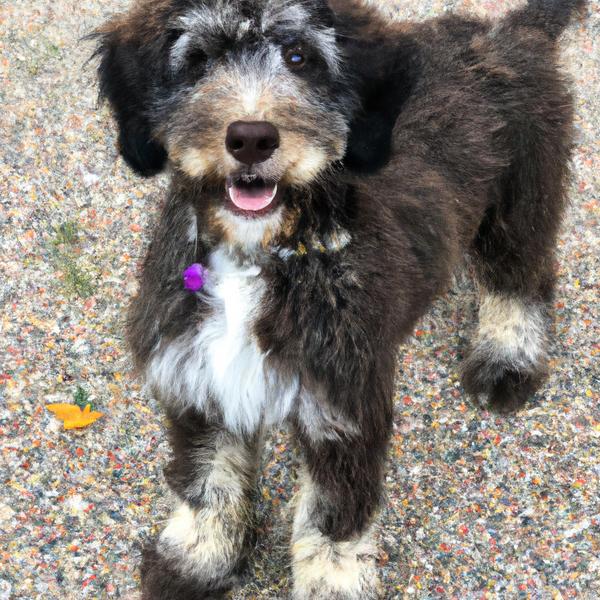
Miniature Aussiedoodle
Eskifon vs Miniature Aussiedoodle
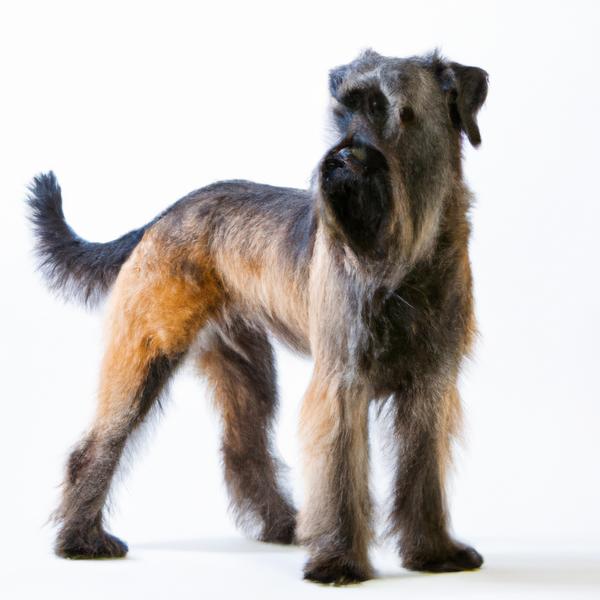
Berger Picard
Eskifon vs Berger Picard
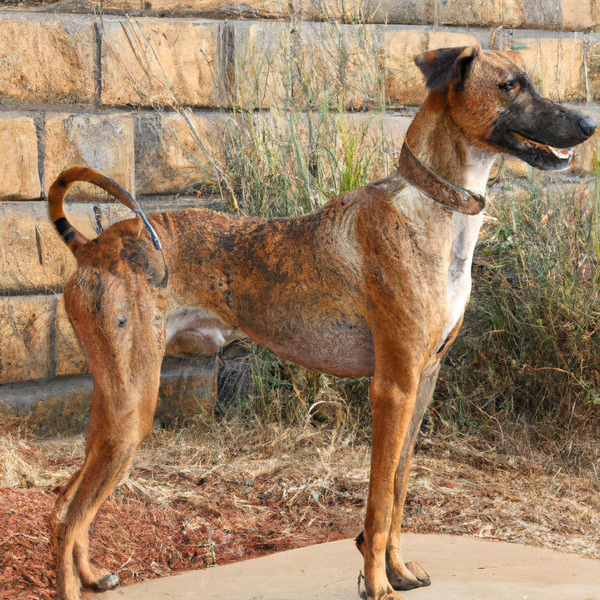
Africanis
Eskifon vs Africanis
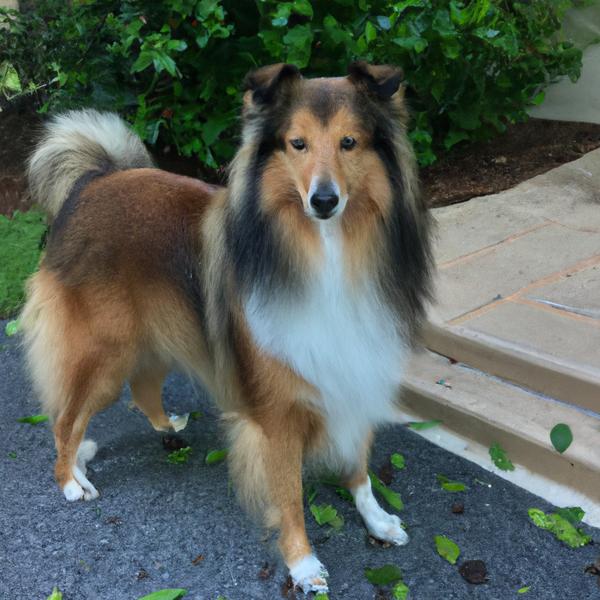
Sheltie Inu
Eskifon vs Sheltie Inu
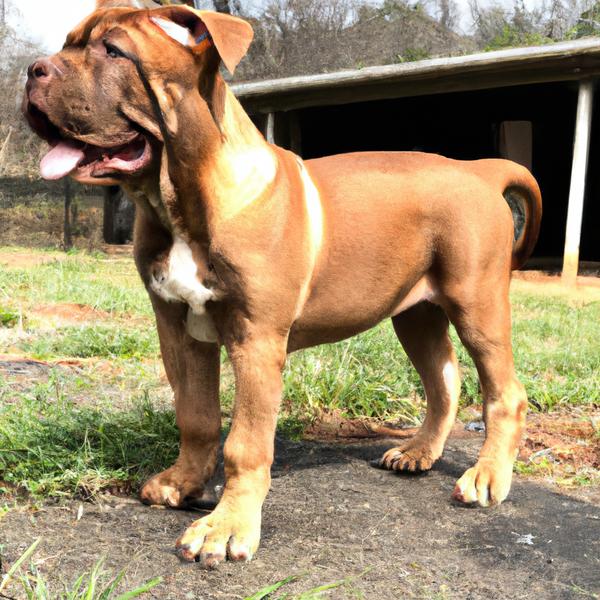
Box-a-Shar
Eskifon vs Box-a-Shar
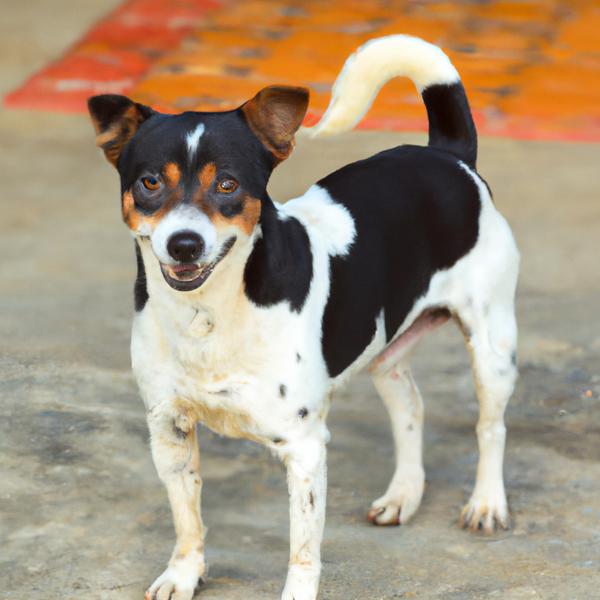
China Jack
Eskifon vs China Jack
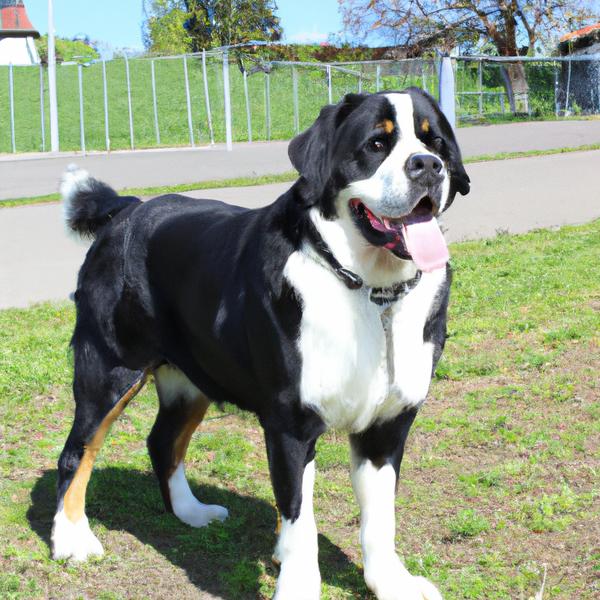
Swissy Saint
Eskifon vs Swissy Saint
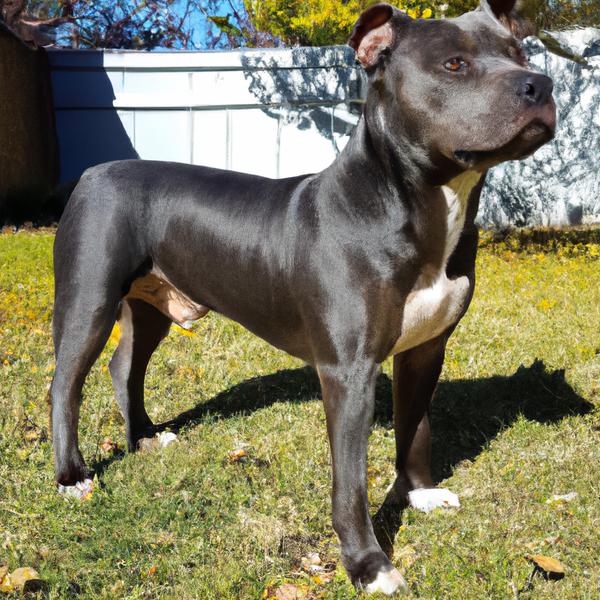
Bullypit
Eskifon vs Bullypit
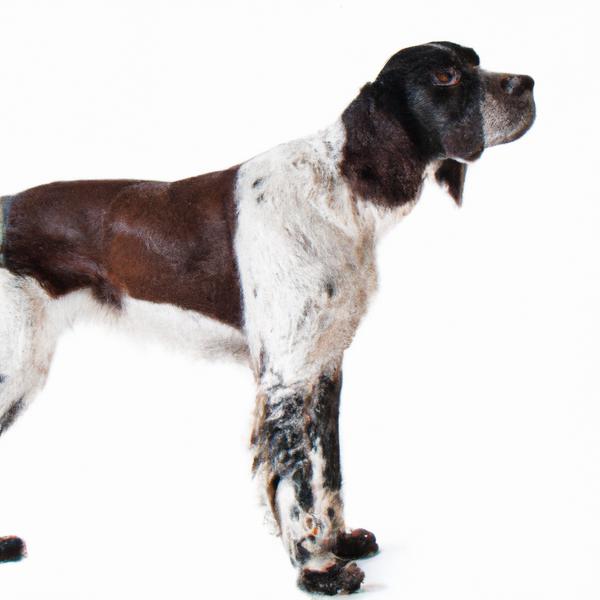
Spanador
Eskifon vs Spanador
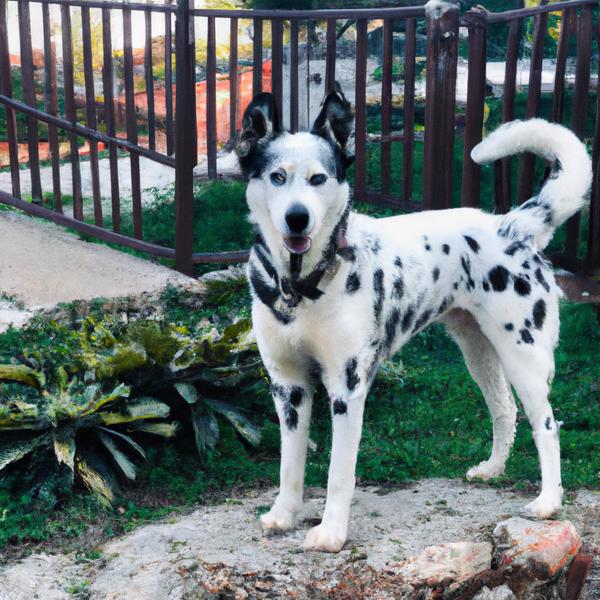
Dalmatian Husky
Eskifon vs Dalmatian Husky
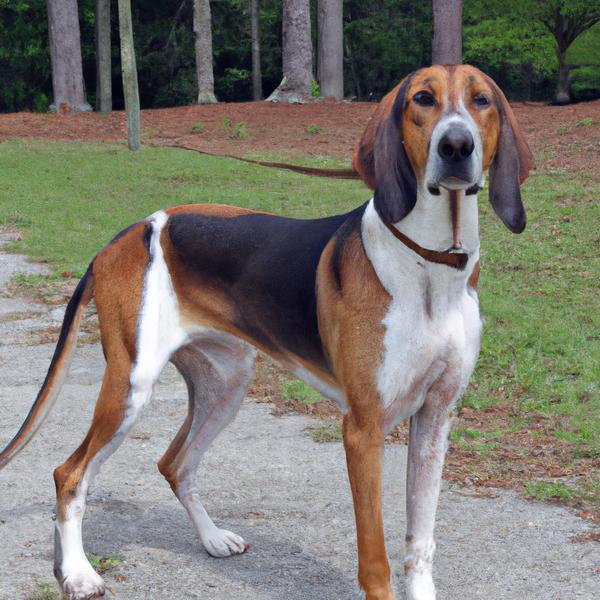
Treeing Walker Coonhound
Eskifon vs Treeing Walker Coonhound
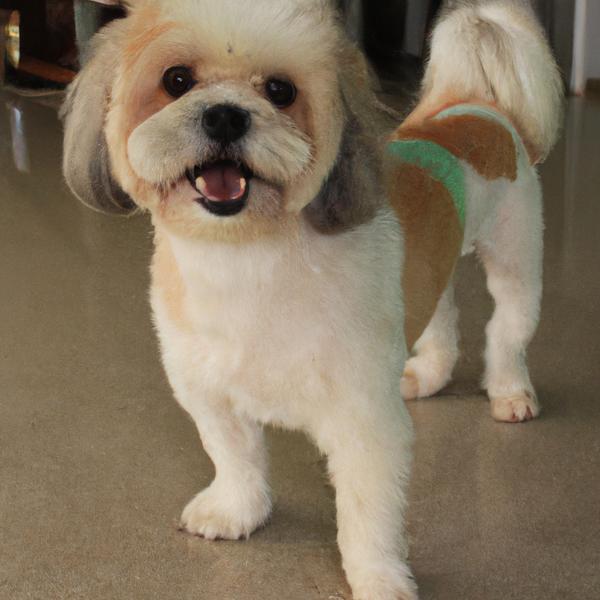
Pekepoo
Eskifon vs Pekepoo
